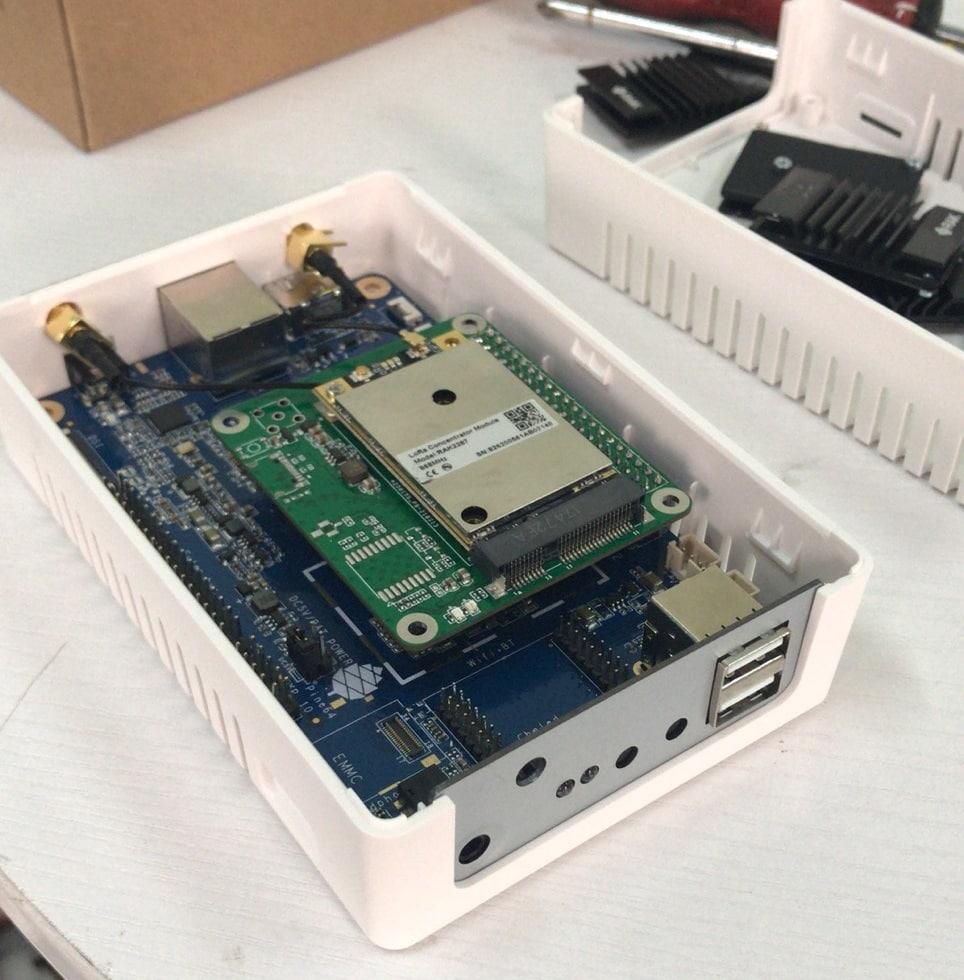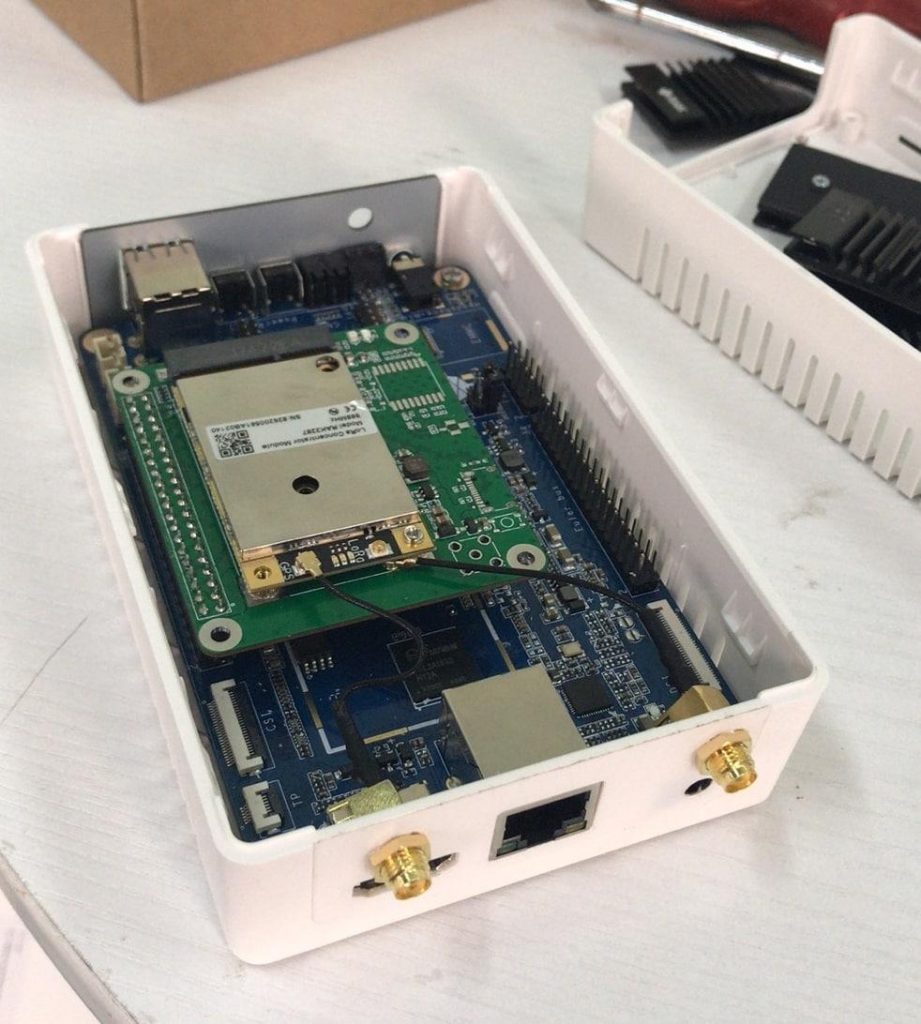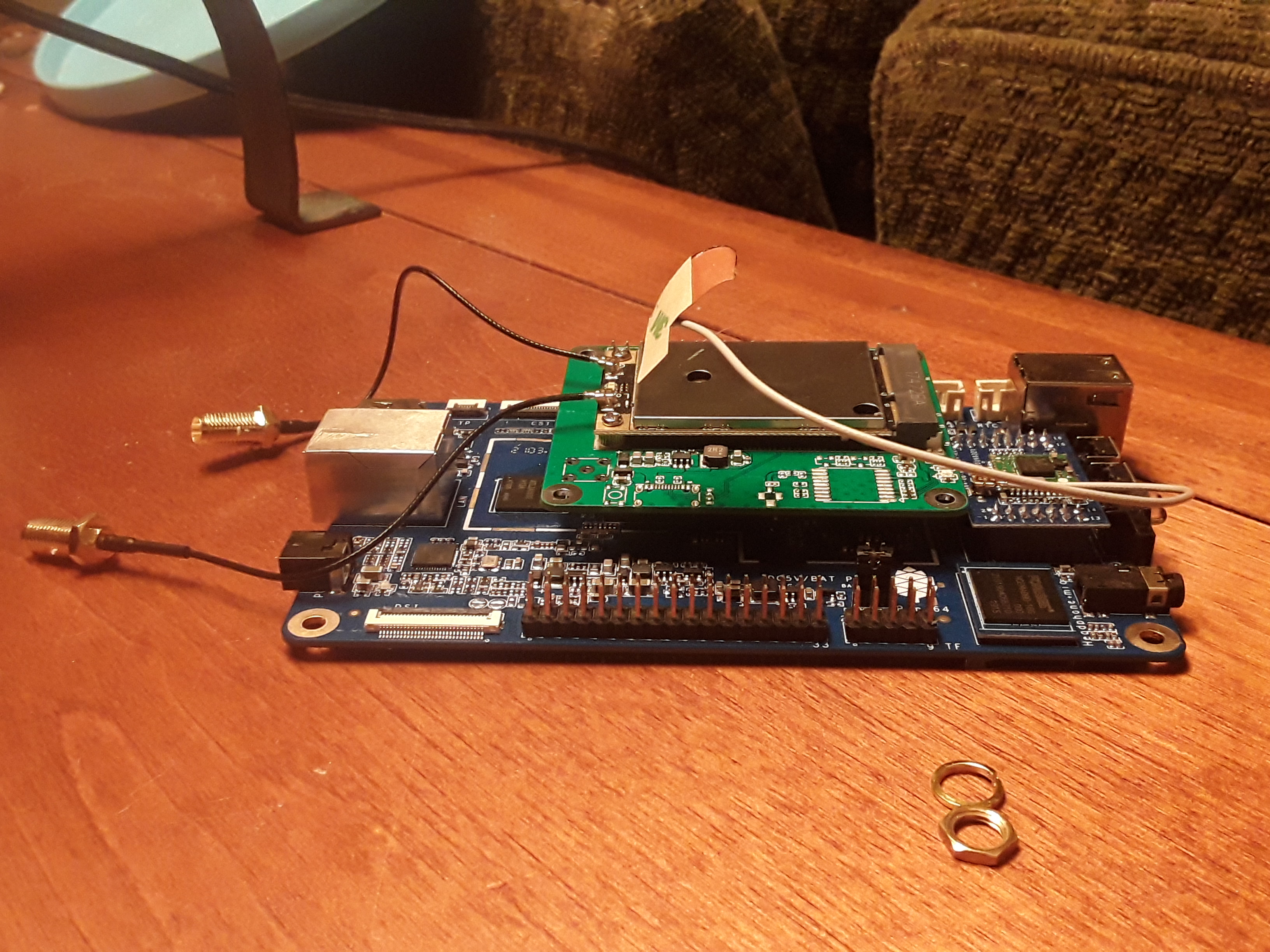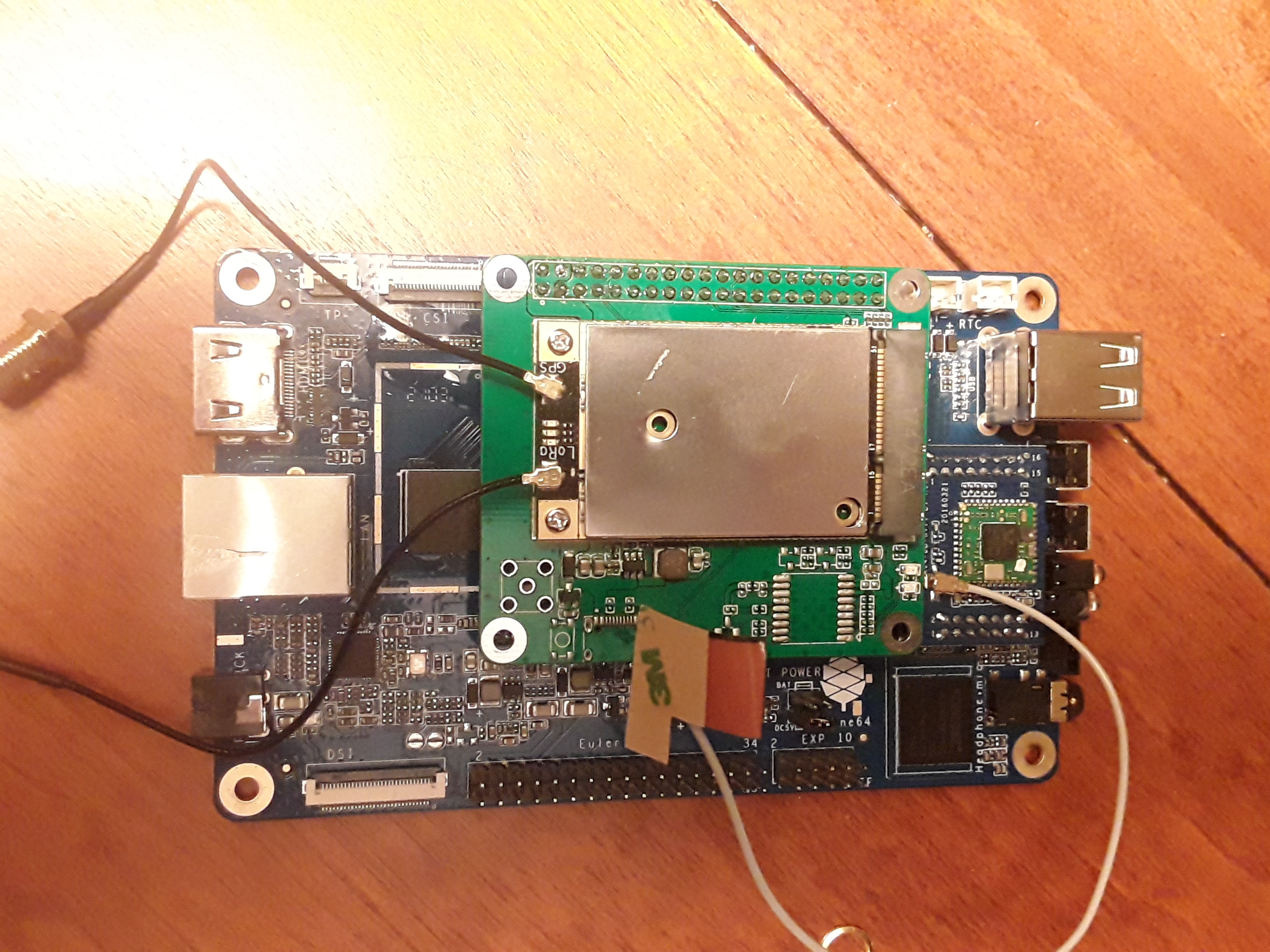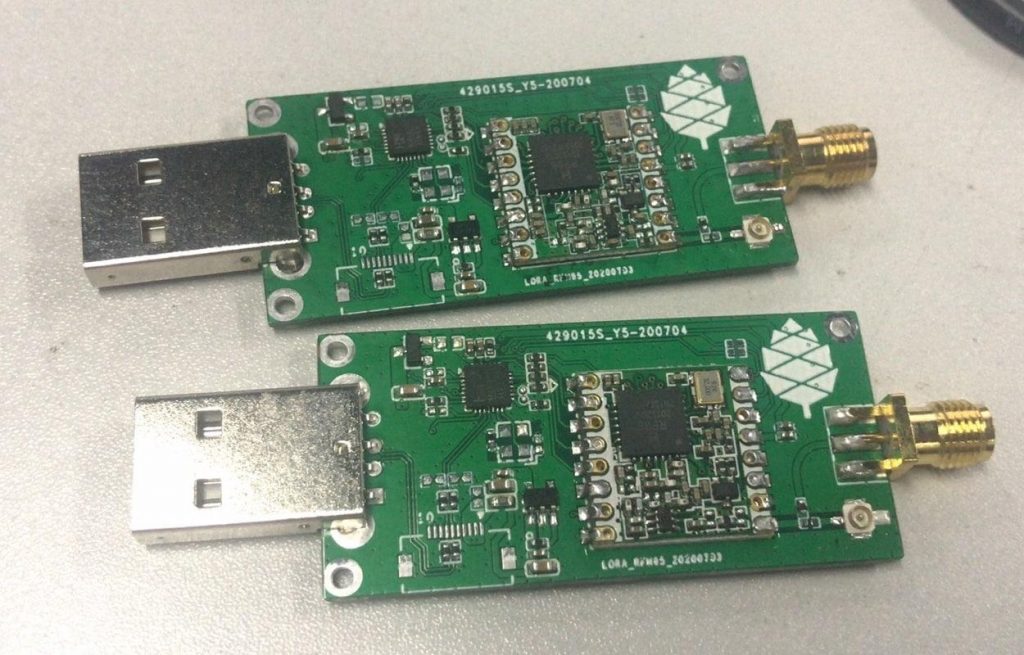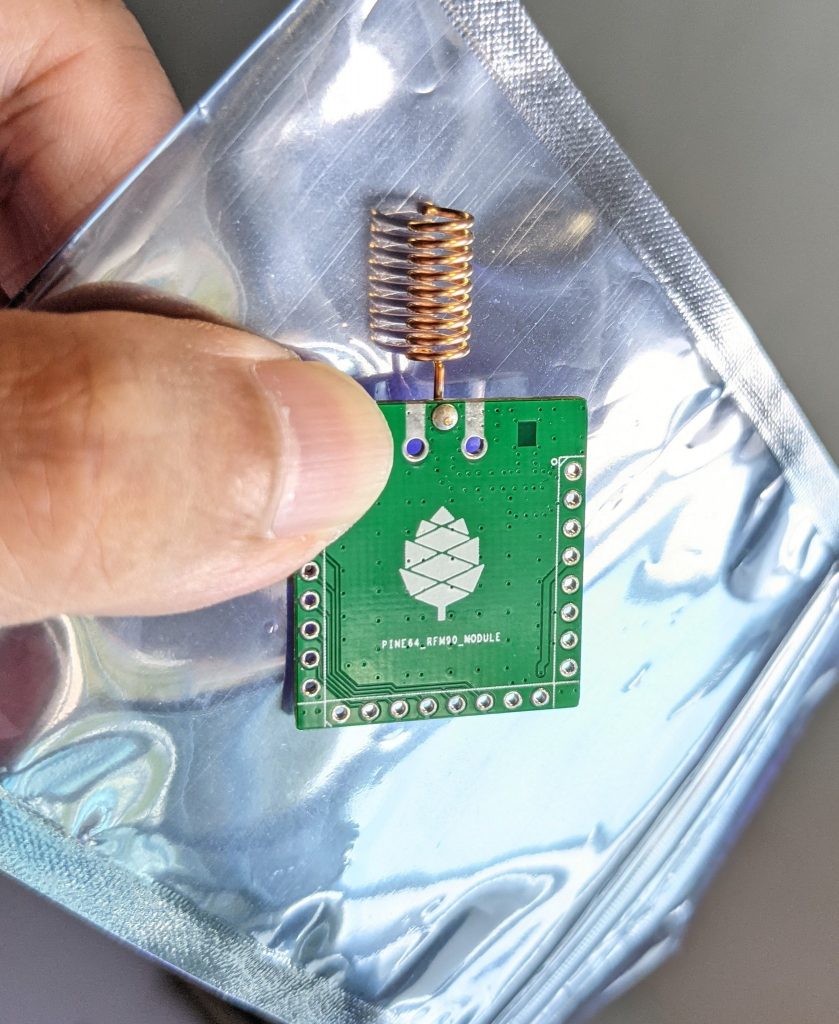Difference between revisions of "Pinedio"
(→Dietpi) |
m (Less whitespace!) |
||
| Line 65: | Line 65: | ||
https://mega.nz/file/7VpmAQ6S#CxOpSHBHgFkynXIOKVQEQk8864-DLsNnFtbpCH6PU6o | https://mega.nz/file/7VpmAQ6S#CxOpSHBHgFkynXIOKVQEQk8864-DLsNnFtbpCH6PU6o | ||
Login: dietpi | |||
Password: SoPinePass! | |||
Dietpi is a lightweight SOPINE/A64-LTS image using Armbian as pre-image (Debian based). Carrying a large array of options, Dietpi includes SBC hardware configurations available inside ncurses menu interface (ssh/terminal accessible). In addition to it being a full on Debian based Linux system, a variety of servers and services can be added on demand. | |||
Dietpi is a lightweight SOPINE/A64-LTS image using Armbian as pre-image (Debian based). Carrying a large array of options, Dietpi includes SBC hardware configurations available inside ncurses menu interface (ssh/terminal accessible). | |||
In addition to being a full on Debian based Linux system, a variety of servers and services can be added on demand. | |||
| Line 96: | Line 90: | ||
As Dietpi strips down the system to a minimum level (deleting original Armbian commands), we can install armbian-config command by issuing: | As Dietpi strips down the system to a minimum level (deleting original Armbian commands), we can either install armbian-config command by issuing: | ||
sudo apt install armbian-config | sudo apt install armbian-config | ||
| Line 103: | Line 96: | ||
Inside armbian-config -> system -> Bootenv (edit boot environment), enter the following 2 lines (to create spidev0.0): | Inside armbian-config -> system -> Bootenv (edit boot environment), enter the following 2 lines (to create spidev0.0): | ||
overlays=spi-spidev uart2 i2c0 | overlays=spi-spidev uart2 i2c0 | ||
param_spidev_spi_bus=0 | param_spidev_spi_bus=0 | ||
Or, instead of installing the above armbian-config, hand edit: /boot/armbianEnv.txt to add the above overlays/param_spidev_spi_bus lines. | |||
Save. Reboot. | Save. Reboot. | ||
After rebooting you should see a new device /dev/spidev0.0. This will be the concentrator device for gateway related setup. | After rebooting you should see a new device /dev/spidev0.0. This will be the concentrator device for gateway related setup. | ||
GPS will be /dev/ttyS2 and should work (after editing armbianEnv.txt + reboot). | GPS will be /dev/ttyS2 and should work (after editing armbianEnv.txt + reboot). | ||
Dietpi Official Website: https://www.dietpi.com | Dietpi Official Website: https://www.dietpi.com | ||
Revision as of 05:40, 4 June 2021
LoRa is a long range, low power wireless platform that is being used by a lot of Internet of Things (IoT) products. Using LoRa and LoRaWAN, devices can communicate across the world using the internet, using various decentralised networks such as The Things Network or Helium. Since, PINE64 believes in openness, the LoRa gateway can connect to any network, per the developer implementation. If Helium Spots open up for PINE64 gateway and developers have implemented the hook for Helium, then this is good thing. The PINE64 LoRa gateway also open connect to The Things Network if developers implement support. The choice is yours!
Gateway
The gateway will be available in two variants - indoor and outdoor. All that is known about the outdoor unit is that it will have "an aluminum, rugged and water resistant case". The indoor unit consists of a PINE A64-LTS, fitted with a purpose built hat (adapter) which uses a LoRa module by RakWireless. The chipset used is the SX1302, and the module via the SPI interface. There are two external connections on the enclosure for the GPS and loRa antenna.
Connections
- GPS is connected to UART2 on the A64 board
- SX1302 on SPI0
| RAK2287 module | PI-2 connector | PINE A64-LTS |
| SX1302 SPI | Pin 19 = MOSI / PC0 Pin 21 = MISO/PC1 Pin23 = CLK/PC2 Pin24 = CS/PC3 |
SPI0 (/dev/spidev0.0) |
| SX1302 RESET | Pin 11 = GPIO17/PC7 | GPIO71 (/sys/class/gpio/gpio71) |
| GPS UART | Pin 8 = TX/ Pin 10 = RX |
UART2 (/dev/ttyS2) |
| GPS RESET | Pin 33 = GPIO13/PC5 | GPIO69 (/sys/class/gpio/gpio69) |
| GPS Standby | Pin 35 = GPIO19/PC9 | GPIO73 (/sys/class/gpio/gpio73) |
Pictures
Operating System Options
Pinedio Gateway carries the A64-LTS board. Based on ram specifications SOPINE images are also compatible.
Armbian
Gateway is based on the pine64 A64-LTS, and the current Armbian_sopine image download options can be found here: https://www.armbian.com/sopine-a64/
(Previous issues in DTS have been fixed by Armbian developers and Armbian_sopine_21.05.1 is confirmed to boot).
Armbian Official Website: https://www.armbian.com
Dietpi
Download current Dietpi image (for Pinedio/SOPINE/LTS) here: https://mega.nz/file/7VpmAQ6S#CxOpSHBHgFkynXIOKVQEQk8864-DLsNnFtbpCH6PU6o
Login: dietpi Password: SoPinePass!
Dietpi is a lightweight SOPINE/A64-LTS image using Armbian as pre-image (Debian based). Carrying a large array of options, Dietpi includes SBC hardware configurations available inside ncurses menu interface (ssh/terminal accessible). In addition to it being a full on Debian based Linux system, a variety of servers and services can be added on demand.
Dietpi Commands:
dietpi-launcher: access all dietpi tools/menus
dietpi-software: select from numerous optimized servers/services to install
dietpi-config: feature rich configuration tool
dietpi-autostart: choose software to run after boot
dietpi-update: update/upgrade system
The entire list of software available for installation (inside dietpi-software) can be found here: https://dietpi.com/docs/software/
Steps To Enable spidev0.0 (rakwireless concentrator/GPS device):
As Dietpi strips down the system to a minimum level (deleting original Armbian commands), we can either install armbian-config command by issuing:
sudo apt install armbian-config
Inside armbian-config -> system -> Bootenv (edit boot environment), enter the following 2 lines (to create spidev0.0):
overlays=spi-spidev uart2 i2c0 param_spidev_spi_bus=0
Or, instead of installing the above armbian-config, hand edit: /boot/armbianEnv.txt to add the above overlays/param_spidev_spi_bus lines.
Save. Reboot.
After rebooting you should see a new device /dev/spidev0.0. This will be the concentrator device for gateway related setup.
GPS will be /dev/ttyS2 and should work (after editing armbianEnv.txt + reboot).
Dietpi Official Website: https://www.dietpi.com
End nodes
There are several end-node units planned:
- loRa back case for the PinePhone
- standalone USB dongle-type end-node adapter
- PineTab adapter
- as well as a SPI module (which can also be configured as a USB LoRa dongle)
- a LoRa stick powered by a single 18650 battery (using the BL602, and can be fitted with GPS, an low-power OLED panel and additional sensors)
All the end-nodes use the SX1262 chip.
Pictures
Datasheets and schematics
Gateway
- SX1302 datasheets and resources
- RAK2287 datasheets and resources
- Pine64 LoRa Gateway module adapter schematic
End nodes
Pinephone backplate
- File:Pinephone LoRa BackPanel Schematic-v1.0-20210402.pdf
- File:CA-S01 LoRa Chip Antenna in Chinese.pdf
- I2C SPI Bridge code running on ATtiny84
